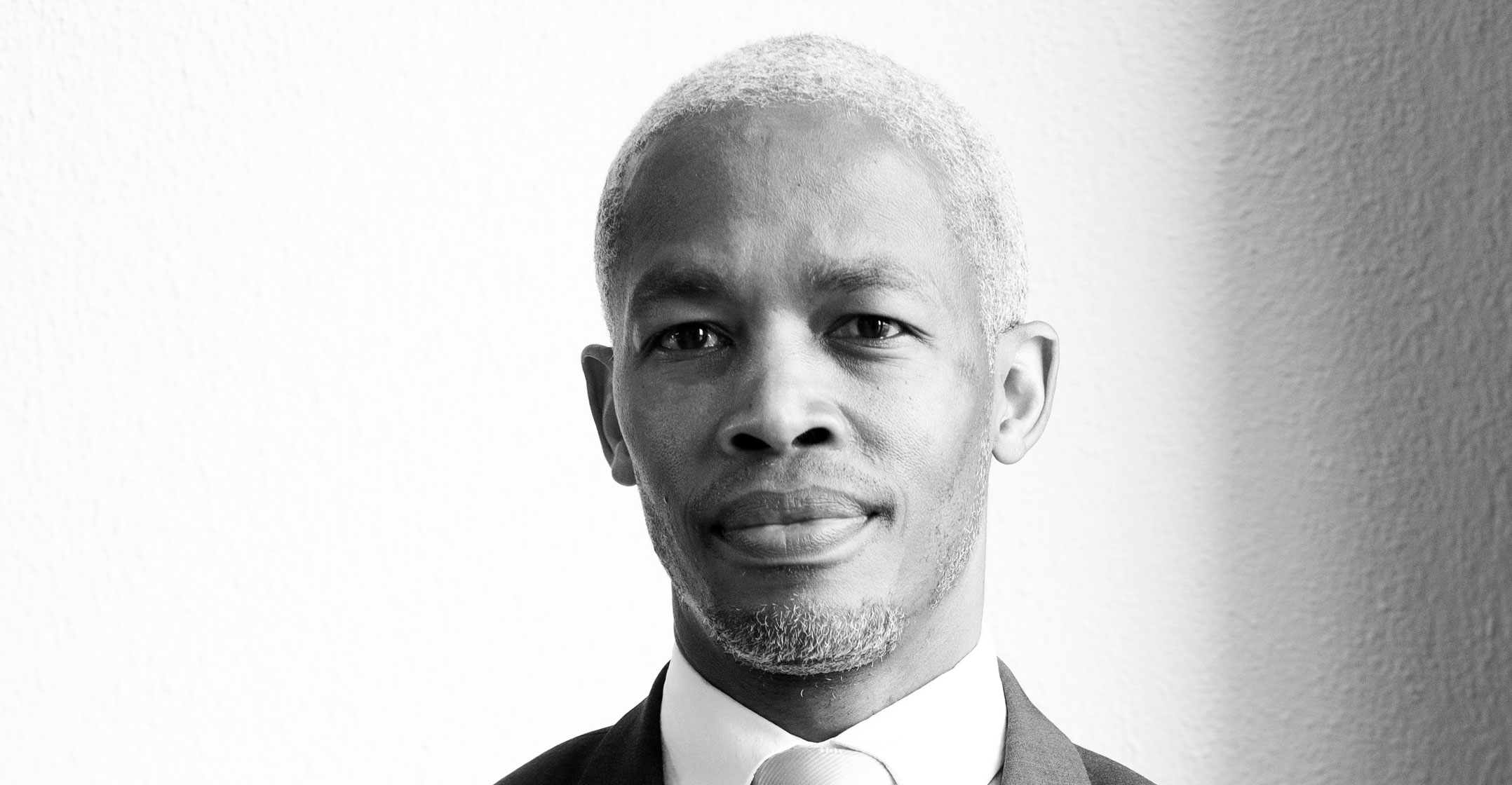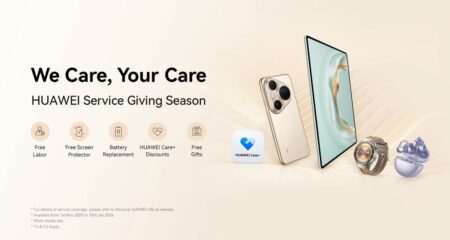
Helping Africans solve African problems has turned out to be one of the key benefits of a long-standing partnership between IT companies SUSE and Huawei.
Cultivating a workforce adept in digital technologies is the only way Africa can create an inclusive society that will improve the quality of life, develop its economies, and become a producer, not just a consumer, in the global economy.
Open-source technology is the key to making this possible, said the participants in a TechCentral webinar, “African Transformation Through Digital Enablement”.
The event, sponsored by Huawei and SUSE, highlighted a partnership between those two companies that has provided a massive cloud infrastructure and countless educational opportunities.
Michael Langeveld, vice president of Huawei’s Africa Cloud business, said his company opened a hyperscale data centre two years ago as part of its mission to create more digital jobs across the continent. “We responded to the need. There is nothing better than Africans solving African problems with technology, and that is what we seek to do. We have to think about how we enable more people to play, and part of this is extending the environment.”
A billion people
Africa has just under a billion people, and the new digital economy offers huge opportunities across the continent if people are given the opportunity to learn, he said.
The partnership between Huawei and SUSE offers free training to companies that partner with them in South Africa. “We pay for those engineers from customers and partners to certify on the Huawei cloud, and these investments aren’t insignificant,” Langeveld said. “In terms of building up SMEs and those types of businesses, these are some of the things we do to try and build more value.”
This year alone, Huawei has trained more than 2 000 people, with every customer encouraged to send their employees for training and certification.
Watch the webinar
The Covid-19 lockdown has changed how that is conducted, however. In the past, Huawei would fly in trainers from overseas for an intense week or two of training, followed by certification. Now, every two or three weeks it runs an online training course that anybody can apply to join.
When the lockdown lifts, it will probably adopt a blended way of learning, with classroom and online options.
Huawei also makes its curriculum available to universities, and some universities are offering the material as additional courses to make its graduates more employable.
SUSE’s global alliance sales director, Harry van den Bergh, said the method of learning doesn’t really matter. “In the end, it’s all knowledge, and knowledge is a key factor in making the joint technologies a success, whether that’s in Africa or elsewhere in the world.”
SUSE has investing heavily in that, delivering masses of knowledge about its own technology and its combined technology with Huawei through its partner programme, he said.
The partnership between the two companies means SUSE’s solutions are fully certified on Huawei servers, and SUSE Linux Enterprise Server and SUSE Linux Enterprise Server for SAP are offered on the Huawei Cloud.
Since SUSE is an advocate of open source, Van den Bergh stressed that partnering with Huawei didn’t clash with its ideology of freedom. “That’s the best thing about open source — you develop your code together, you develop your technology together and everything is transparent and out in the open, and everybody can see what we’re doing with and for partners,” he said. “It’s this transparency that allows us to partner without any criticism.”
No lock-in
Nor did the relationship mean that customers were getting locked in with no choice of suppliers, he added. “SUSE has always called ourselves ‘the open open-source company’, and by the double ‘open’ we mean we are open to working with everyone, so we never lock a customer into a specific solution stack. If the customer wants to use SUSE technology for some elements, and for others they want to use the technology of our competitors, we support that. That’s the beauty of open source.”
An even bigger advantage of open source is that everyone can contribute to it, he added. “With open source, you can actually be part of it. If you’re a smart team of engineers in a small company in South Africa or elsewhere in Africa, you can be a contributor to SUSE or to one of the thousands of other open-source projects out there. In this way, you don’t only benefit from the technology, you can influence and contribute to it.”

Both partners have seen an accelerated pace of cloud adoption during the lockdown as companies seek flexibility and a way to avoid upfront investments in IT infrastructure. The pay for what you use model was perfect for these uncertain times, said Van den Bergh. Customers that had previously invested in SUSE technology and held SUSE subscriptions could still use that value if they moved to the Huawei cloud.
For customers trying to move something like an SAP workload to the Huawei cloud, there were sometimes technical challenges with the operating system. “We don’t make that the customers’ problem,” said Langeveld. Instead, the Huawei engineers talked directly to the SUSE team to make sure the customer got the best experience. “We solve the customer’s challenges together,” he said.
- This promoted content was paid for by the party concerned




